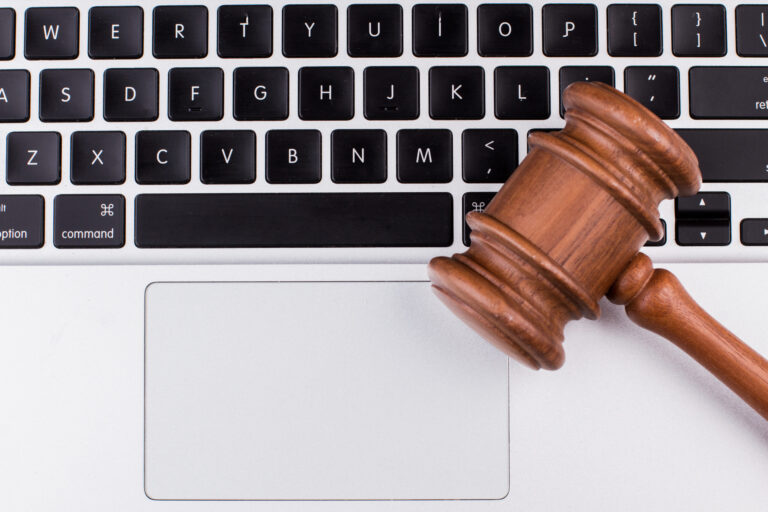In the legal industry, social media is routinely used for both personal and professional purposes. For licensed attorneys, social media also triggers certain ethical obligations. These ethical duties influence how they post, advertise their services, and handle client communication.
In this article, we’re going to review the guidelines for ethical social media use.
Let’s get started!
Advertising Restrictions
Social media marketing can be incredibly effective and lucrative, however, there are some ABA Model Rules to consider before launching a campaign. Under Comment 12 to Rule 7.2, “any communication about a lawyer or law firm’s services includes the name of, and contact information for, the lawyer or law firm. Contact information includes a website address, a telephone number, email address, or a physical office location.” This is a simple obligation that lawyers should not overlook when posting an advertisement.
Attorneys must take great care to ensure that their advertisements are location-specific. By running an ad for legal services to users within a particular area, you imply that you are licensed to practice in that jurisdiction. Advertising to users outside of your jurisdiction could mislead them regarding your credentials.
Legal Advice
Avoid posting information in a public forum that could be construed as legal advice. You can also consider posting a disclaimer that your content does not form an attorney-client relationship. Ambiguity on this matter may lead to confusion from prospective clients who believe they’ve entered into an attorney-client relationship at the moment of first contact.
When offering your legal opinion online, do so in a private message or email. (Be sure to confirm that the person you are advising resides in a location where you’re authorized to practice law!)
Non-Attorney Staff
In the eyes of the law, attorneys are responsible for the actions of any non-lawyers that they retain, employ, or associate within the course of business. Typically, this would include paralegals, clerks, and executive assistants. The supervising attorney has an ethical duty to ensure that all staff members understand what is expected of them and comply with acceptable social media practices in the workplace. In circumstances where a member of the staff behaves unethically, the supervising attorney risks personal liability if they fail to take remedial action.
Communication Guidelines
Finally, attorneys should take appropriate steps to preserve confidential client information. All parties should refrain from posting information about active litigation. For added security, clients should also refrain from communicating about their cases over social media in any capacity. This is because social media sites and messaging platforms may be vulnerable to a damaging data breach. By limiting all communications to secure email, you will maintain competent representation.
Final Thoughts
Thanks for reading! We hope these tips have given you some insight into your ethical duties when using social media. If you enjoyed this article, let us know on social media! Lastly, please don’t hesitate to contact us with any questions or concerns. At First Legal, we’re here for you from File Thru Trial™.






